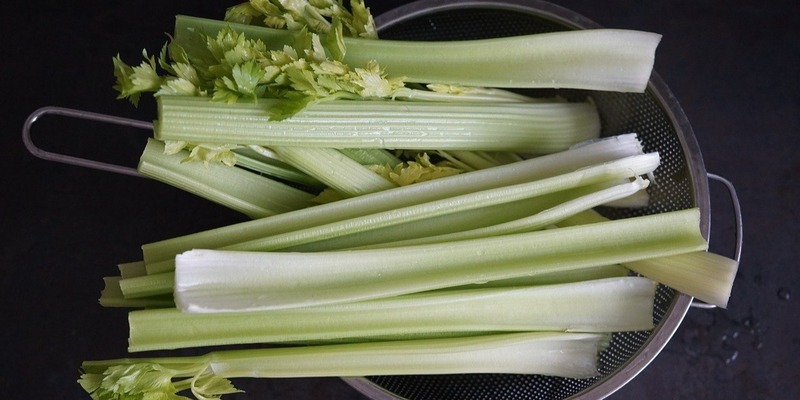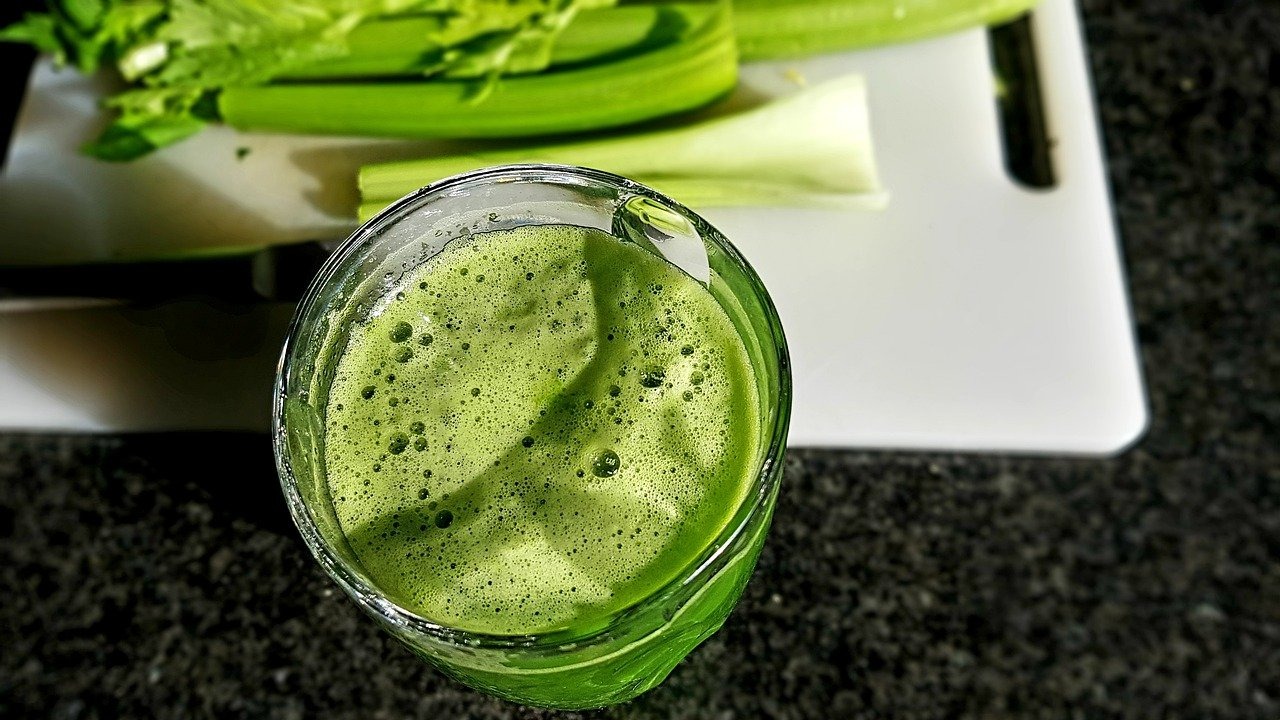Everything you should know about celery

If you've been shopping at the supermarket lately, you've probably noticed that the celery section is either sold out or costs a lot more than usual. And it's hard to ignore all the hype about celery juice. Celery is great for dips, adds a refreshing, crunchy texture to salads, and helps create the base of many soups and stews.
Celery Nutrition Facts
Celery is a low-calorie, low-carb, crunchy green vegetable that enjoys great popularity as a weight loss food, and lately celery juice has been touted as a cure-all for things like digestive ailments and skin health.
Here's the nutritional analysis for 100g of chopped celery:
- 17 calories
- 1,2 g protein
- 0,2 g fat
- 2,2 g carbohydrates
- 2,5 g dietary fiber
It also contains decent amounts of vitamin A, vitamin C, vitamin K, potassium and folic acid.
What are the benefits of eating celery?
In addition to the nutrients listed above, celery also contains antioxidant-like compounds that have been shown to help with cell damage and inflammation. Considering that celery is nearly 95% water, it's a great food to help you stay hydrated, especially in the hot summer months, although it's not a substitute for drinking water. The moisturizing properties of celery combined with the cellulose (also known as fiber) makes it a great choice for those who also want to improve their digestion. The fiber in celery also helps you feel full faster and longer, which can help with weight loss. While celery is sometimes touted as a low-calorie food, meaning that it theoretically helps burn calories during the digestive process, this hasn't really been proven. Celery would certainly be an excellent addition to any diet, especially one focused on weight loss or weight management, as it is nutritious, low in calories and high in fiber. Celery also contains nitrates. Naturally occurring nitrates, found in plant foods rather than processed meats, are associated with healthy blood pressure and may support athletic performance because they are converted in the body to nitric oxide, which dilates blood vessels to support blood flow.
How much celery should I eat in a day?
Unless you're allergic to it, there's not much risk in adding celery to your daily diet. However, eating too much celery and not enough variety from other foods throughout the day can lead to nutritional deficiencies.
Is celery a superfood?
Because of many of these benefits, celery is often referred to as a superfood. While there is no official definition of a superfood, celery contains a lot of nutrients in a low calorie intake. However, eating celery and celery alone will not cure or prevent disease. To achieve optimal health, it is recommended to consume a variety of different plant foods with different nutrient profiles.
What about celery water?

Recently, juicing and drinking celery water has gained popularity. It is claimed that drinking celery juice first thing in the morning can cure a variety of conditions and diseases. Although celery contains the nutrients listed above, there is no evidence that eating celery alone is a cure for any health problems. In addition, juicing removes fiber, which is a critical element in aiding digestion and staying full throughout the day.
Bottom Line:
If you enjoy eating celery or drinking celery juice, by all means, do so. But to achieve optimal health, it's important not to fixate on one superfood and make sure you're eating balanced meals with different types of fruits, vegetables and other foods and macronutrients like protein and fat.
More information
Always consult your healthcare provider to ensure that the information displayed on this page applies to your personal circumstances.


















